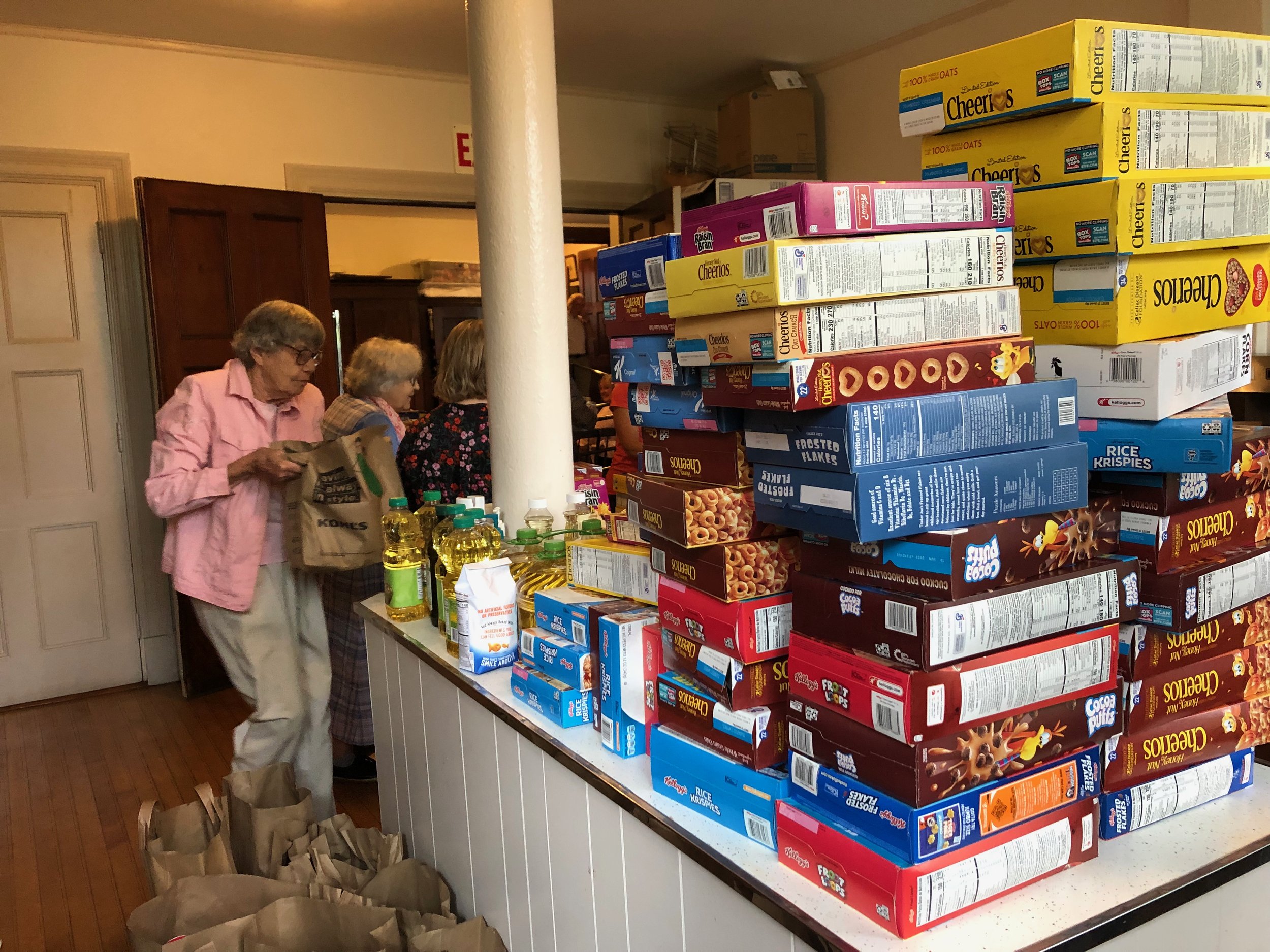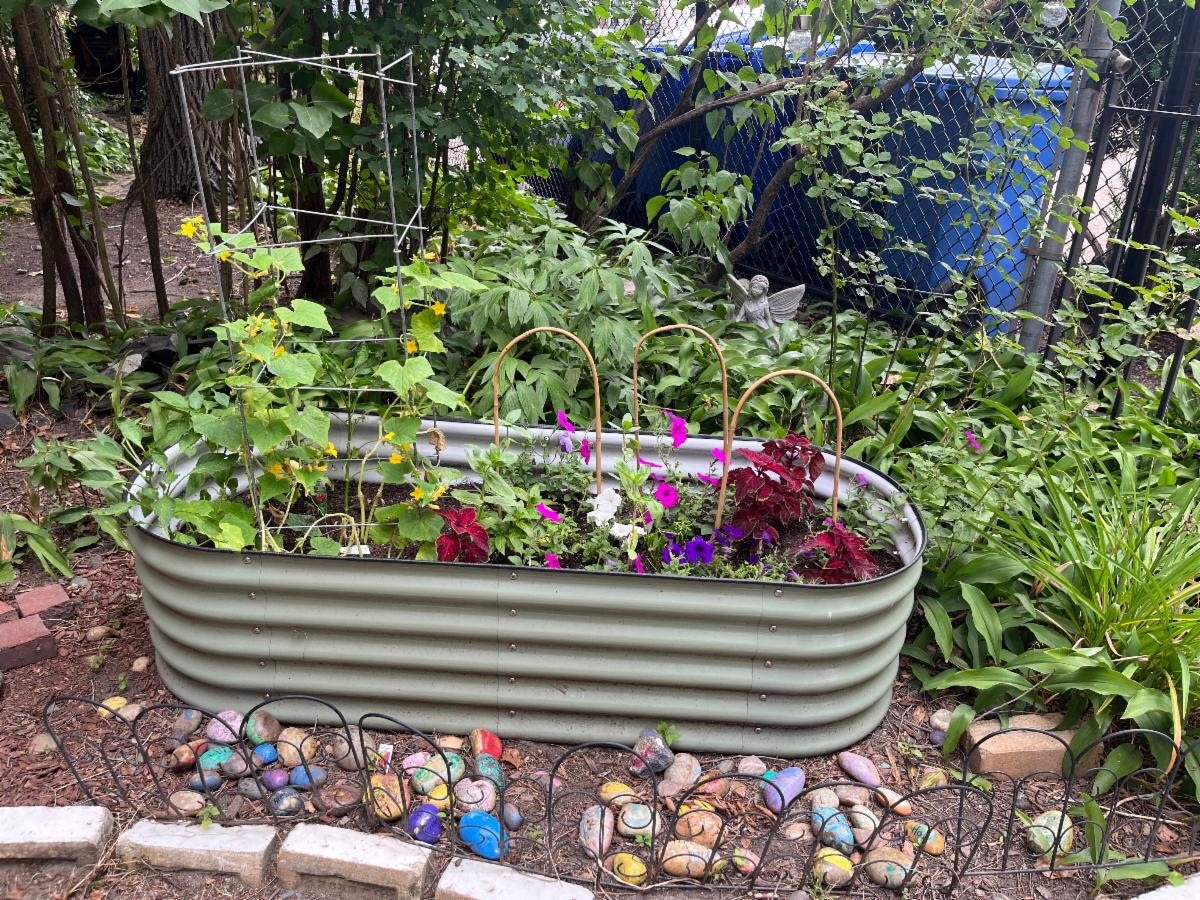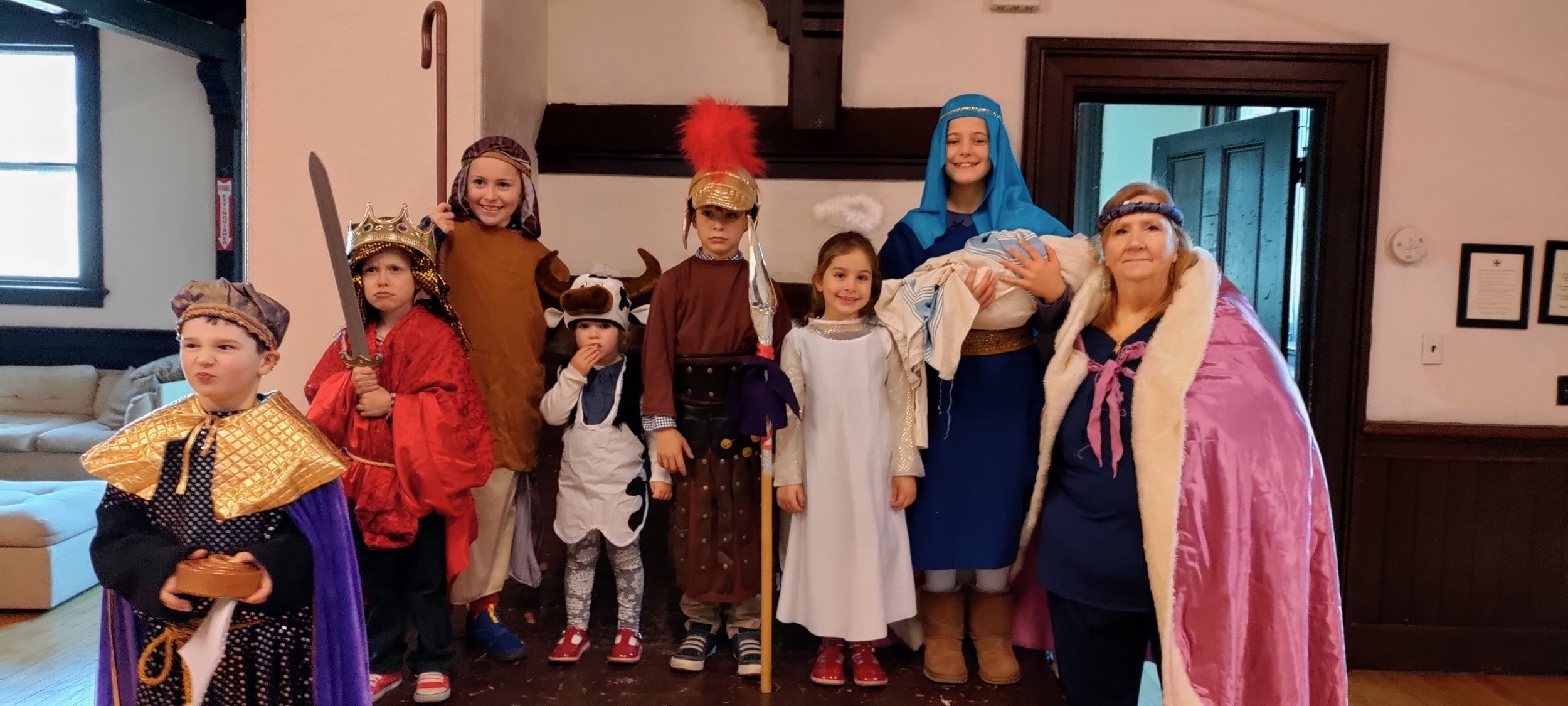“God is love, and those who abide in love abide in God, and God abides in them.”
1 John 4:16
In a world full of loneliness, division, and fear, we gather to practice love.
We are a community of individuals and families; of all generations and all walks of life; of life-long Episcopalians, Christians from other traditions, and people who are just seeking something more in their lives. Together, we give thanks for God’s unconditional love for us, and seek to learn and grow as we walk in the way of that love in the world.
Whoever you are, whatever you’re looking for, we invite you to join us on this journey.
Sunday Worship
10am – Holy Eucharist in the Church
(live streams are on a summer hiatus
until August 10)
FAQs
Kids: Nursery care for young children is available year round. Classes for elementary and middle-school kids meet during the school year. Children of any age are always welcome in worship, as well!
What to Wear: People tend to dress comfortably and casually; you’re just as likely to see jeans as a jacket and tie.
Parking: Resident parking does not apply on Sundays, so any space on the surrounding streets is available, although on-street parking is limited.
Children’s Formation
Sundays at 9:45am
during the School Year
Our nursery for infants and toddlers (6 months and older) is open year round, and always staffed with a caregiver.
Older children meet in two separate classes on Sunday mornings during the school year, and a high-school youth group meets monthly.
Contact Us
27 Devens Street
Charlestown, MA 02129
(617) 242-1272
Office Hours
Tuesdays and Thursdays
9am - 3pm
Worship
Sundays at 10am












